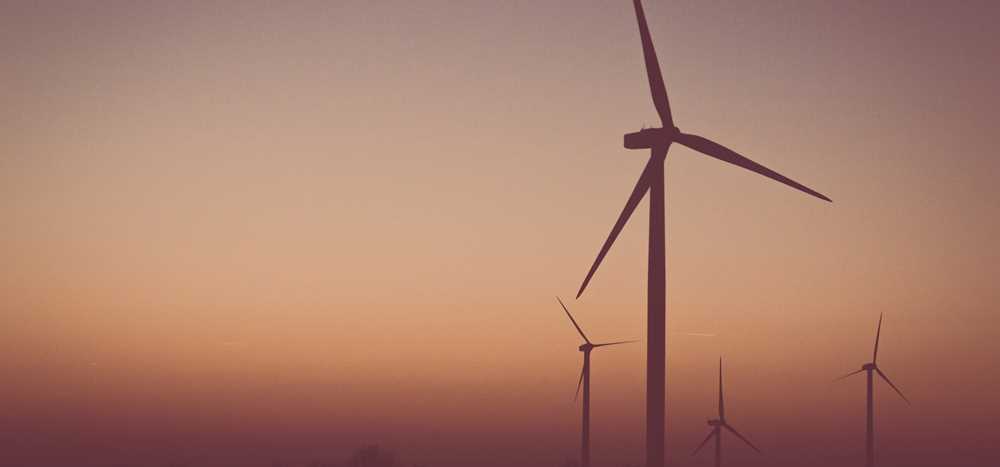
KONGSBERG: A company for the future
Sustainable innovation
For over 200 years, KONGSBERG has supplied advanced technology of strategic importance across markets and sectors. Our technology and expertise will accelerate the green transition while helping to create good jobs for people who want to make a difference. Through spearheading sustainable innovation, KONGSBERG will remain a robust company and a reliable partner for the future.
Product development
KONGSBERG spends considerable resources on product development every year. In 2021 this amounted to a total of MNOK 1,721 of which 1.507 was expensed and 214 capitalised (MNOK 1,576 of which 1.353 was expensed and 223 activated). Over two-thirds of our investments are made in areas that largely support new sustainable solutions, and approximately one-third supports the development of existing products.
Examples of sustainable solutions are:
- Reduction of energy consumption and environmental impact alongside increased efficiency in the maritime sector
- Observation, monitoring and management of marine natural resources and satellite monitoring of rainforests
- Carbon-neutral solutions, such as offshore wind and zero-emission vessels
KONGSBERG has a clear direction in terms of participation in national and international research and development programmes. In 2021 we participated in 13 national programmes at the Centre for Research-based Innovation (SFI), Norwegian Centres of Excellence (SFF), Centres for Environment-friendly Energy Research (FME) and NorthWind (FME). KONGSBERG participates in European research projects, where the Autoship programme, the EU programme for the development of autonomous shipping to reduce transport on land, is among the largest. In 2021, KONGSBERG entered into a collaboration with the Massachusetts Institute of Technology (MIT) and their “Industrial Liaison Program” which aims to link world-leading research with players within industry and technology in specific projects.
By sharing knowledge and experience we have been active in technology for over 200 years. We look to contribute to sustainable development across sectors, such as maritime energy solutions, advanced sensors, autonomy, and circular and materials technology.
In the field of energy solutions, KONGSBERG was the first company in the world to verify a full-scale hydrogen-based propulsion system for ships and ferries in 2021. This project demonstrates that the technology is now ready to use hydrogen as an energy carrier on ships. The programme is the third and final stage of the EU-supported project “HySeas”, which has been running since 2013 with the aim of demonstrating a scalable hydrogen system for ships and ferries.
Marine ecosystems
Food from the sea and marine life are key elements of the UN Sustainability Goals. KONGSBERG is committed through both international and local projects to contribute to increasing knowledge of the marine environment and to promoting sustainable management and utilisation of the sea. KONGSBERG has been a consultant to the UN ocean panel since it was established in 2018, and contributed to related events during COP26 in Glasgow in 2021. There, KONGSBERG signed the UN Global Compact’s “Ocean For Climate Declaration” which commits us to contribute to the sustainable development of the oceans at both national and international levels. Throughout 2021, KONGSBERG has been an active contributor to the UN Global Compact’s “Ocean Stewardship Coalition” where we have engaged in green shipping and renewable energy projects.
Transparency and knowledge of the sea are both essential for sustainable management. In 2021, KONGSBERG signed an agreement with its partners in the UNESCO Seabed 2030 project, which will map the entire global seabed by 2030. In the Frisk Oslofjord project, as a technology partner KONGSBERG has collected information to provide a basis for sustainable management and augmentation of marine resources and the environment in Oslo.
Circular economy
The main principle of circular economy is to use natural resources and products efficiently and for as long as possible, in a cycle where as few resources as possible are lost. This means that products must be designed for long-term use, that maintenance, repair and upgrading should be promoted, and that waste material is recycled and reused into new production. This will reduce consumption and strain on nature and climate. Circular economy is one of the environmental objectives of the EU taxonomy, and a premise for achieving the goals set out in the Paris Agreement.
At KONGSBERG, we work to reinforce and to an even greater extent incorporate circular principles into our business models, with particular emphasis on product design, material technology, waste management and end use of products. This will open up new business opportunities and at the same time strengthen our capability to adapt across maritime, defence and digital activities. In 2021 we have mapped parts of our business and prepared for digitization of work and material processes and reporting together with Circular Norway. We have also established a collaboration with the Ministry of Defence to study material technology and production processes that will contribute to more environmentally friendly defense products.
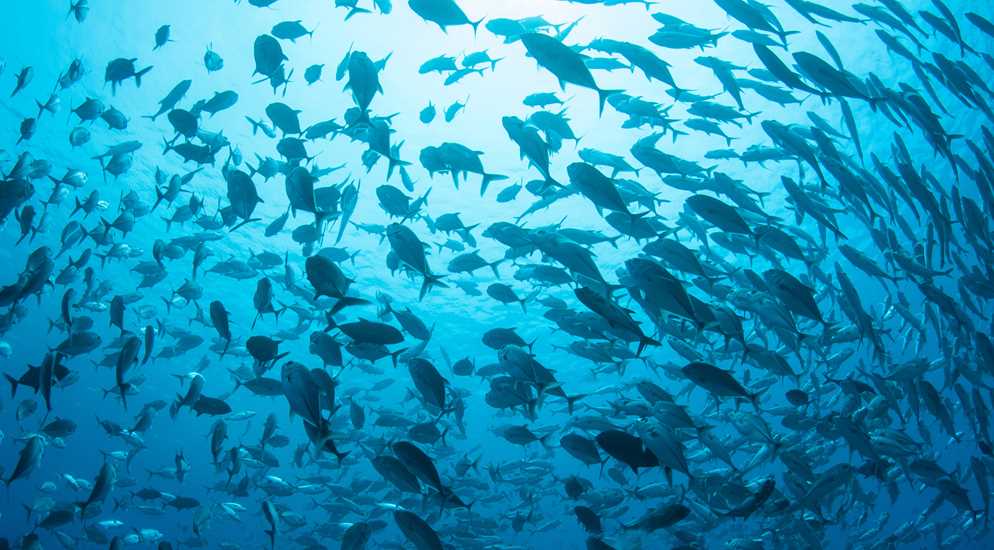
Increased knowledge of the ocean space is necessary to promote sustainable management and use of the sea.
Technology and solutions
KONGSBERG works both on the development of new solutions and further development of our existing technology portfolio. KONGSBERG has a significant product base and solutions installed with our customers, and we continuously work on upgrades and improvements.
In 2021, Yara Birkeland, the world’s first fully electrical and autonomous zero-emissions container ship, was completed. Compared to traditional solutions, Yara Birkeland will cut nearly 1,000 tonnes of CO2, equivalent to around 40,000 truck journeys per year. This technology is a result of collaboration and elements derived from multiple areas, including defence technology. The same technology can be used in a number of different projects for autonomous zero-emission vessels. Kongsberg Maritime and Massterly will, among other things, equip and operate two autonomous zero-emission vessels for ASKO.
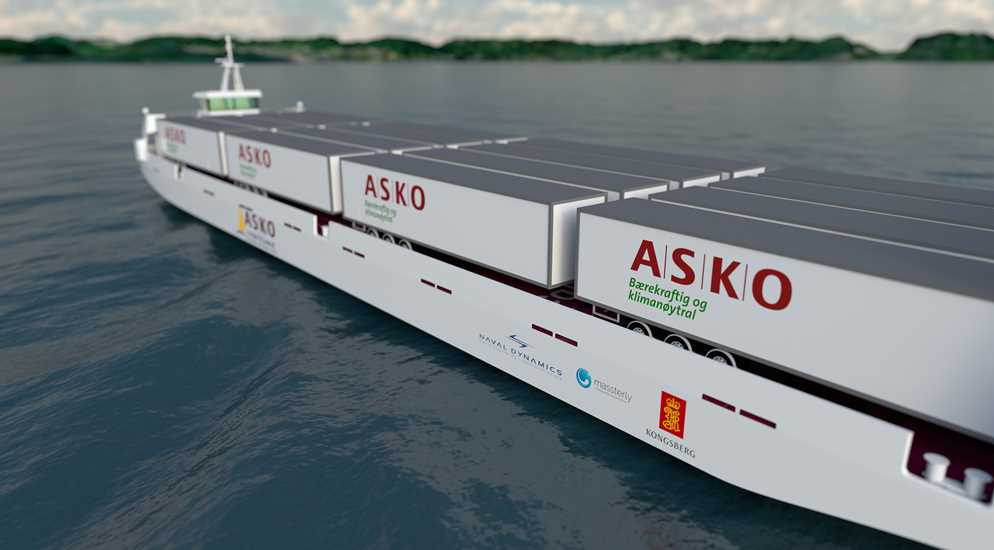
These vessels will replace 2 million kilometres of transport by truck, saving about 5,000 tonnes of CO2 equivalents annually.
Offshore wind
Offshore wind is an area of significant growth. In 2021 we saw over NOK 1 billion in order intake, and we see great potential going forward. Our technology spans from mapping and field development to operations and decommissioning. This includes environmental mapping and monitoring, applications and features for smart data and decision support for wind farms and vessel concepts for operation and maintenance. The delivery of automation systems, propulsion solution, deck solutions and dynamic positioning for Danish Cadeler’s two new turbine installation vessels was one of many projects KONGSBERG delivered to in 2021.
Ship design
The green transition is also taking place to a large extent within sailing vessels. Over 30,000 sailing vessels have KONGSBERG equipment. In 2021, we performed and delivered a number of conversions of existing vessels, from conventional propulsion solutions to hybrid solutions. Our hybrid solutions, propulsion upgrades, hull improvements and control and monitoring technology continue to introduce new efficiencies for ships, enabling smarter, more profitable operation through fuel reduction. Through the delivery of multiple upgrades and solutions to Hurtigruten (Norwegian Coastal Express), we have contributed to a calculated emissions reduction of 21 per cent for three of their vessels.
Space
KONGSBERG has an extensive product and service portfolio within the space sector, from satellite loading systems and launch products to antennas and ground stations. Many of our solutions are routinely used for earth observation and monitoring, from oil spill detection and tracking illegal fishing to the analysis of ice in Arctic areas. As an example, Kongsberg Satellite Services, together with its partners Planet and Airbus, have delivered satellite-based optical images relating to deforestation, monitoring and control to Norway’s International Climate and Forests Initiative (NICFI).
The EU action plan on sustainable finance
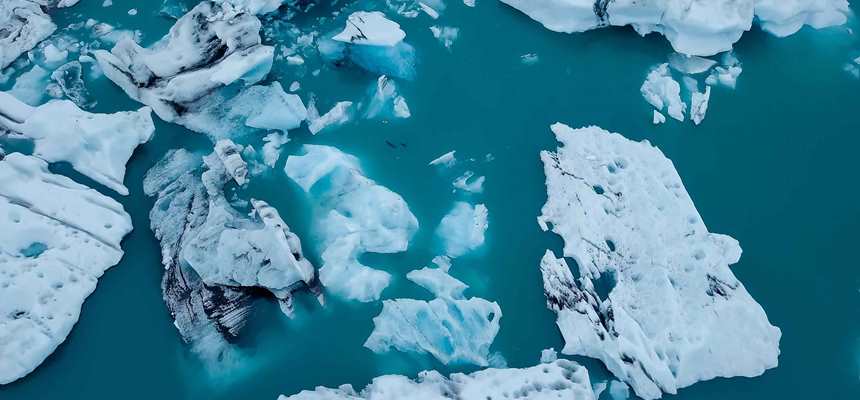
The EU action plan on sustainable finance
We are preparing for new reporting requirements that will follow the EU action plan on sustainable finance. The taxonomy, defining environmentally sustainable economic activities, means opportunities for KONGSBERG, as a supplier of technology and solutions in the green transition. At the same time, we believe that the EU’s goal of increased transparency and the statutory reporting of sustainability-related information will support the ambitions of the action plan: accelerated sustainable development and management of climate-related financial risk.
In 2021 we started mapping and analyzing how the EU environmental goals affect KONGSBERG. As part of this work, we are also considering how the framework can be used for internal risk management, financial planning and as an input to our strategy processes.
The classification system can also act as an important indicator of sustainable growth in the company, including in investment analysis and when considering future indicators and targets.
We will continue to engage in various forums to support the establishment of a common industrial understanding and method of approaching the concept of economic activity in line with the EU taxonomy, as well as actively raise issues where the intention of the taxonomy differs from the execution. It is important for the framework also to support in a practical sense the objective of increased green competitiveness and more capital for sustainable investments.
ESG ratings and rankings
KONGSBERGs ESG performance is regularly assessed by third party data providers and rating agencies. In 2022 KONGSBERG was recognized as a top ESG performer and was awarded the Industry top-rated badge by the ESG analysis company, Sustainalytics1).
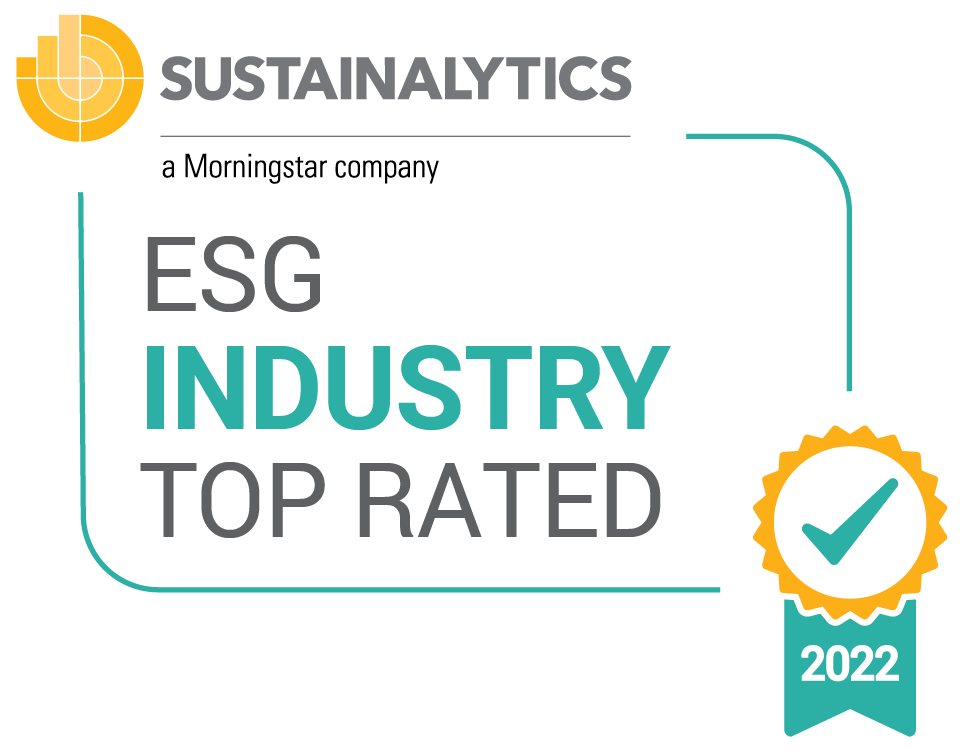
An overview of assessments we actively engage in is available below.

Read more about our reporting to Carbon Disclosure Project (CDP): https://www.kongsberg.com/investor-relations/reports-and-presentations/

Read more about our results: www.sustainalytics.com/esg-rating/kongsberg-gruppen-asa/1008754100/

Read more about our results: https://www.thegovgroup.org/baerekraft-pa-bors-2021/

Read more about our results (2020) here: https://ti-defence.org/dci/companies/kongsberg-gruppen-asa/

Read more: https://www.msci.com/
1) Copyright ©2022 Sustainalytics. All rights reserved. This article contains information developed by Sustainalytics (www.sustainalytics.com). Such information and data are proprietary of Sustainalytics and/or its third-party suppliers (Third Party Data) and are provided for informational purposes only.